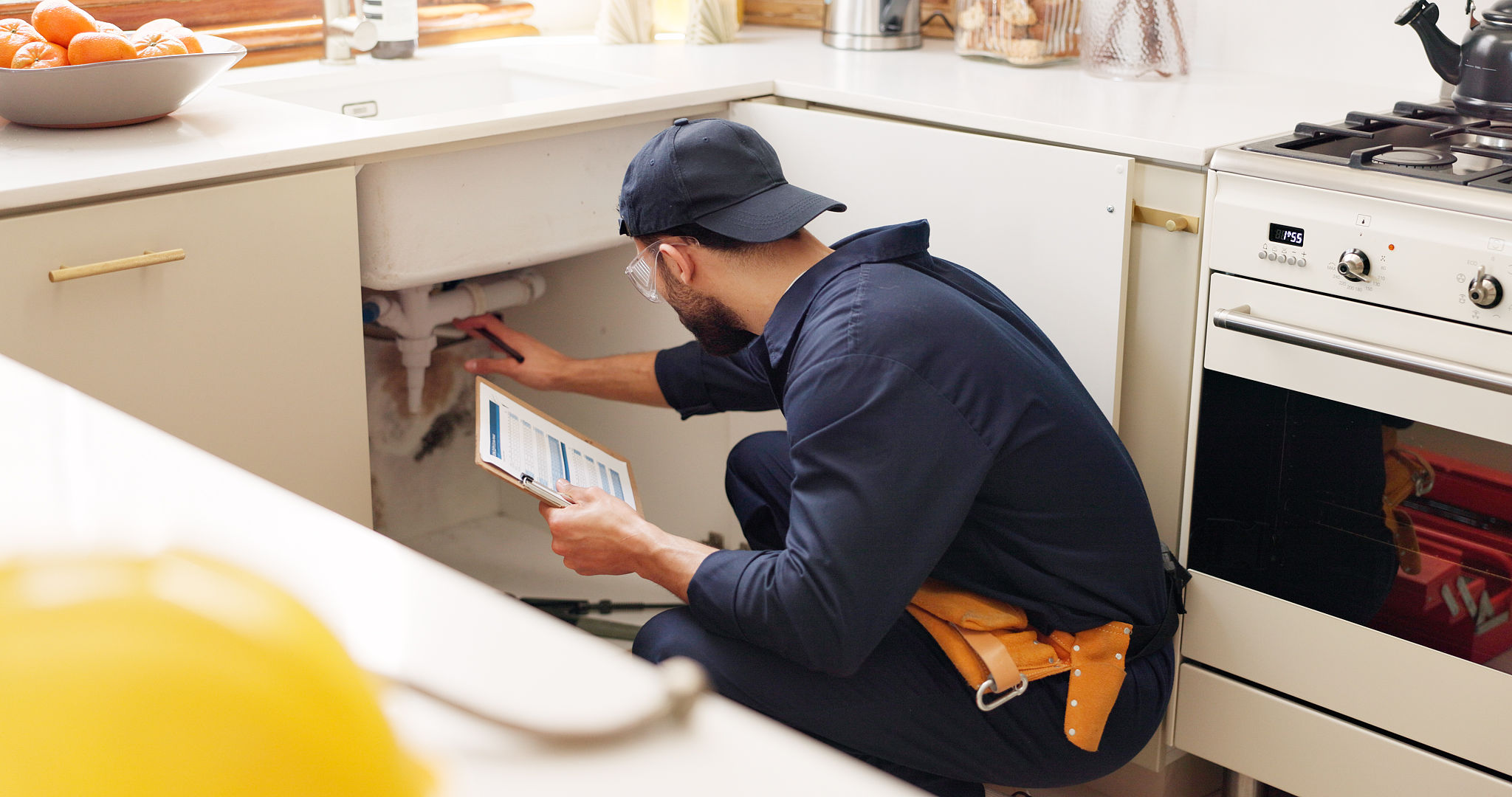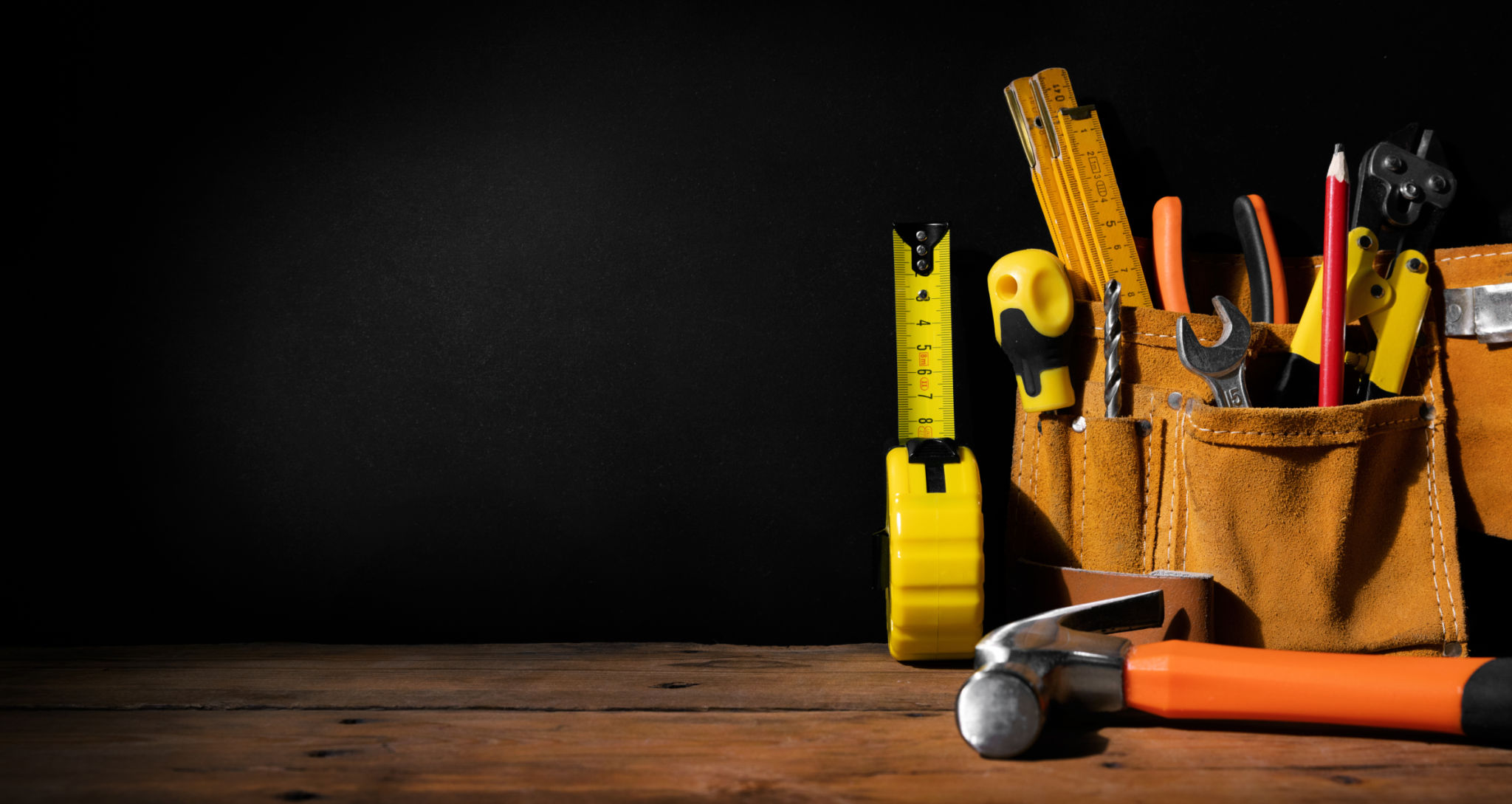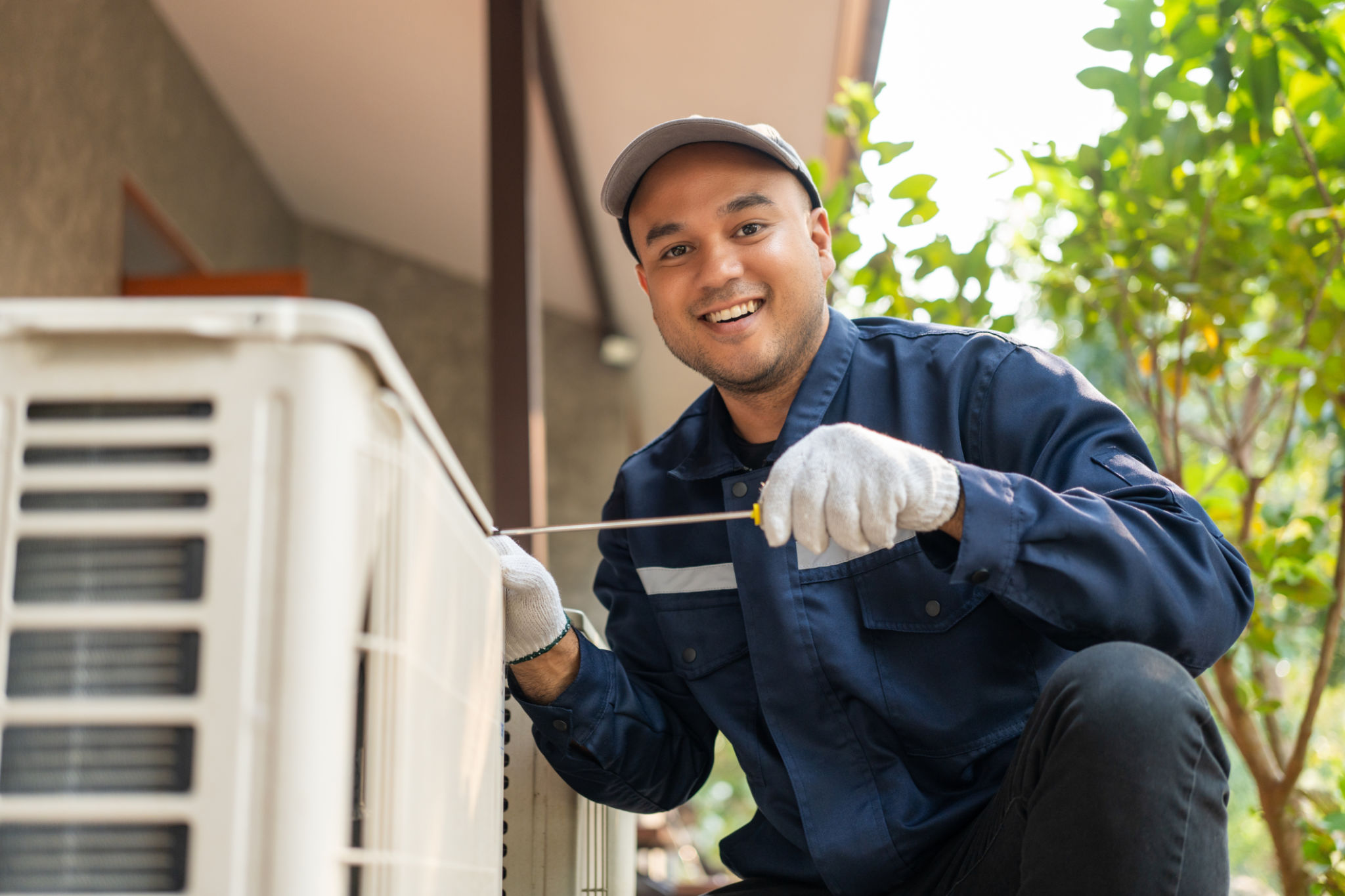Common Home Repair Mistakes and How to Avoid Them
Overlooking Safety Precautions
One of the most common mistakes in home repair is neglecting safety precautions. Home improvement projects can be exciting, but it's crucial to prioritize safety. Failing to wear protective gear like goggles, gloves, and masks can lead to serious injuries. Always ensure that your workspace is well-lit and free from hazards. Additionally, never ignore the importance of turning off power sources when dealing with electrical repairs.

Underestimating Project Complexity
Many DIY enthusiasts tend to underestimate the complexity of certain home repair projects. What seems like a simple fix can quickly become overwhelming if not properly assessed. Before starting any project, take the time to research and understand the necessary steps and materials. If the project involves plumbing or electrical work, consider consulting a professional to avoid costly mistakes.
Skipping the Planning Phase
Planning is a critical step that should never be skipped. Diving straight into a repair without a clear plan can lead to incomplete work, wasted materials, and unnecessary expenses. Create a detailed plan that outlines each step of the project, including a timeline and budget. This will help keep the project on track and ensure that nothing is overlooked.

Using Incorrect Tools
Using the wrong tools for a job is a frequent error among DIYers. Not only can this lead to inefficient work, but it can also cause damage to your home or tools. Invest in quality tools that are designed for the specific tasks at hand. If you're unsure about which tools to use, consult online resources or speak with a knowledgeable professional at your local hardware store.
Neglecting Tool Maintenance
Even with the right tools, neglecting their maintenance can hinder your progress. Regularly inspect and clean your tools to ensure they are in proper working condition. Sharpen blades, lubricate moving parts, and replace any worn-out components. Properly maintained tools will last longer and perform better, making your home repair projects more efficient.

Ignoring Building Codes
Ignoring local building codes is a mistake that can have legal and financial repercussions. Many home repair projects require permits and must adhere to specific regulations. Before beginning any major renovation, check with your local authorities to ensure compliance with building codes. This not only helps avoid fines but also ensures the safety and structural integrity of your home.
Assuming All Projects Are DIY-Friendly
While some repairs are perfect for DIY enthusiasts, others require professional expertise. Attempting complex repairs without the necessary skills can lead to further damage and increased costs. Recognize your limitations and don't hesitate to hire professionals for tasks that are beyond your skill set. This could save you time, money, and frustration in the long run.

Overlooking Long-Term Impact
Lastly, many homeowners focus solely on immediate fixes without considering long-term implications. Quick solutions may provide temporary relief but can lead to recurring issues if the root cause is not addressed. Take a holistic approach to home repairs by identifying and resolving underlying problems. This not only enhances your home's value but also ensures its longevity.
By being aware of these common home repair mistakes and taking proactive steps to avoid them, you can ensure successful and efficient home improvement projects. Remember, when in doubt, seeking professional advice is always a wise decision.